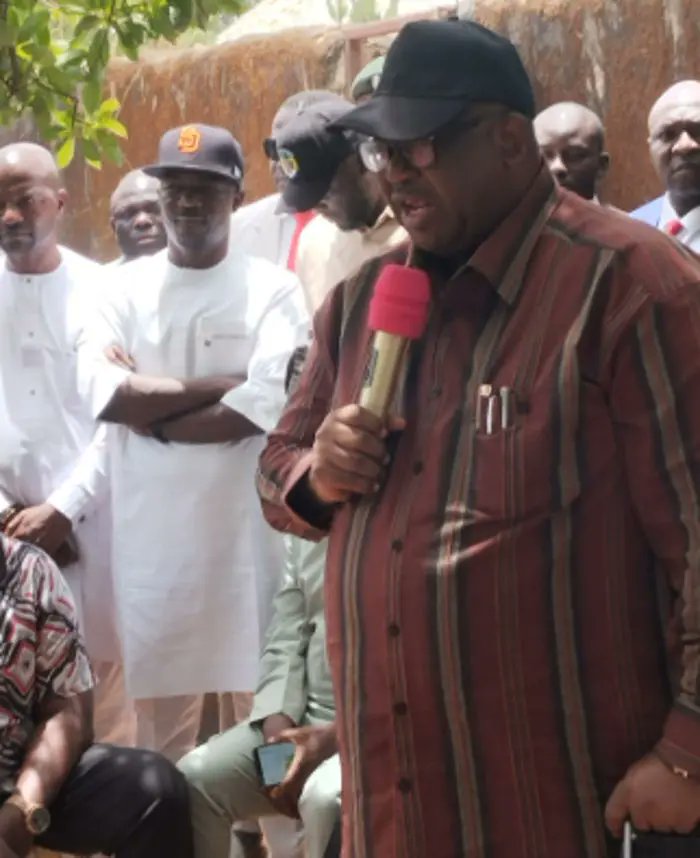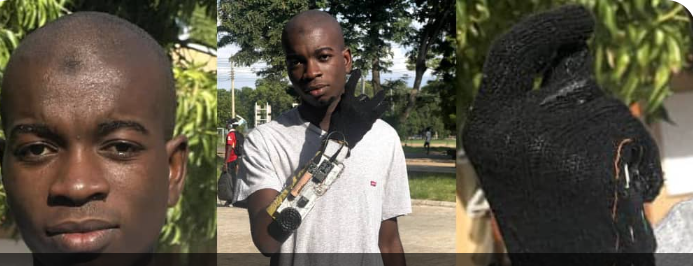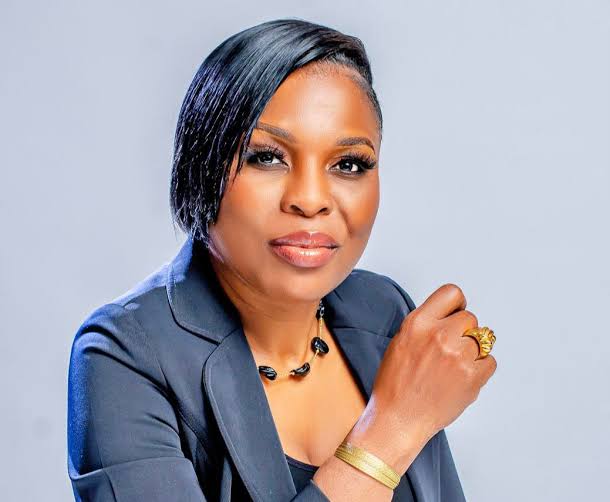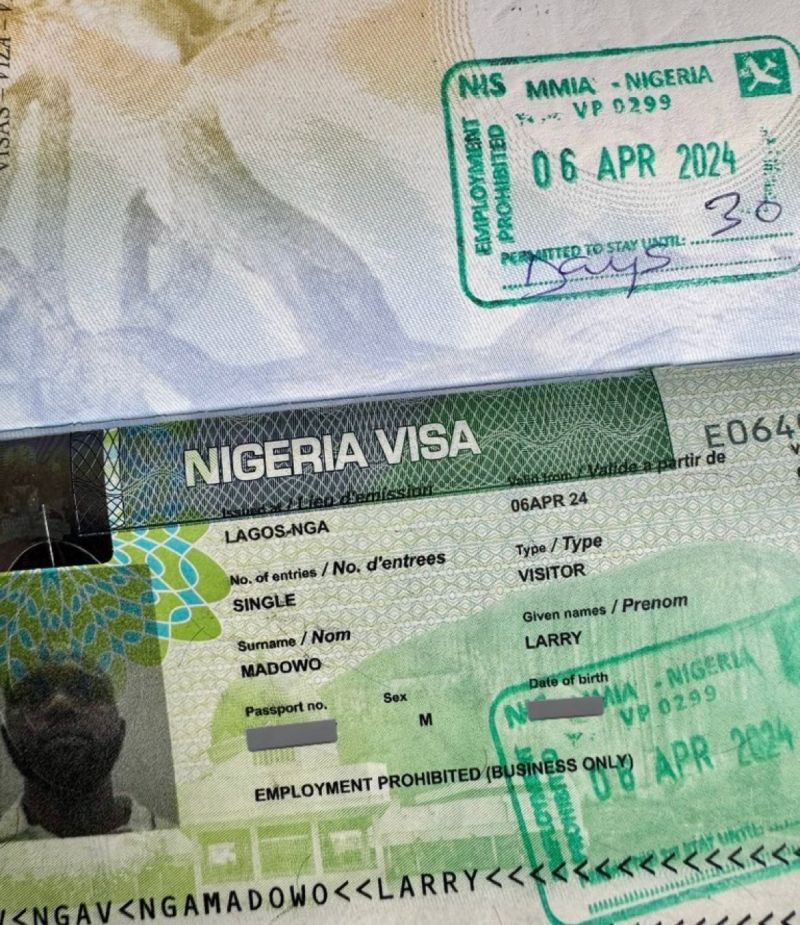
“No More Innocent Blood”: Governor Mutfwang Vows Justice as Bassa Killings Shake Plateau State

In the wake of the latest wave of violence in Irigwe chiefdom, Bassa Local Government Area of Plateau State, Governor Caleb Mutfwang has broken his silence, delivering a strong and emotional reassurance to the people of the state. He promised that his administration will leave no stone unturned in its pursuit of justice and peace, vowing that never again will innocent blood be spilled on Plateau soil without consequence. The recent killings, which have sent shockwaves through the region and beyond, have once again thrown the spotlight on the decades-long ethnic and communal strife that has plagued parts of the state.
Over the years, Plateau State has earned the unfortunate label of a flashpoint in Nigeria’s security landscape—a place where lives are lost far too frequently to communal clashes, land disputes, and unprovoked attacks. The latest incident in Irigwe is another painful reminder of the unresolved tensions that simmer just beneath the surface. Although full details of the attack are still emerging, early reports indicate that armed assailants stormed several communities under the Irigwe chiefdom under the cover of night, leaving a trail of death, destruction, and despair.
In response to the tragedy, Governor Mutfwang visited the affected area and addressed both community leaders and mourning families. With visible anguish in his voice, he declared that Plateau cannot continue to be a theatre of bloodshed, and his government will act with renewed vigor to identify, apprehend, and prosecute all those behind the violence. “The era of silence is over,” he said. “The blood of our people cries out for justice, and justice must be served. We cannot pretend that this is normal. This must end, and it must end now.”
His words echoed loudly across the state, striking a chord with residents who have long lived in fear of attacks. The governor’s firm stance has been welcomed by many, particularly among the Irigwe people, who have suffered numerous attacks over the years and repeatedly called for stronger government intervention and lasting peace initiatives. His administration, which came into office with promises of inclusiveness, security, and unity, now faces one of its biggest tests yet.
The renewed commitment to safeguarding lives comes amid growing pressure on state authorities to not only condemn attacks but to deliver concrete results. Too many times, they say, perpetrators have vanished into thin air while survivors bury their dead and rebuild their lives from the ashes. This cycle of impunity, critics argue, has emboldened attackers and discouraged affected communities from placing faith in the justice system.
Governor Mutfwang, however, insists that things are different now. In his statement, he emphasized the importance of intelligence-driven security operations and closer collaboration between traditional rulers, local communities, and security agencies. “The peace of Plateau is non-negotiable,” he affirmed. “We will strengthen the hands of law enforcement and deepen our investment in community policing so that we can prevent these tragedies before they occur.”
Already, there are signs of a swift response. Security operatives have reportedly been deployed to strategic locations in Bassa LGA, while investigations into the attack have commenced. The state government has also directed emergency relief agencies to provide immediate support to displaced families and victims of the violence. But beyond emergency responses, the governor stressed the need to address the root causes of the crisis—ranging from ethnic mistrust and land disputes to manipulation by external actors who profit from instability.
The Irigwe Development Association, representing the interests of the Irigwe ethnic group, has urged the government to back its words with firm action. In a statement, the association lamented the recurring loss of lives and property, urging security agencies to go beyond routine patrols and arrest masterminds of the attack. “We cannot continue to bury our loved ones while those who kill them walk free,” said one community leader during the governor’s visit.
Social media has also erupted with emotional reactions, as Nigerians from across the country express outrage, condolences, and calls for justice. Hashtags like #PrayForBassa and #JusticeForIrigwe are trending, with many users questioning why mass killings in Nigeria are becoming normalized. In several posts, citizens expressed frustration at the national government's perceived failure to protect lives, while others called for state policing as a solution to Nigeria's deeply rooted security challenges.
The Plateau killings are just one in a string of violent incidents that have rocked Nigeria in recent months. From Zamfara to Benue, Kaduna to the Southeast, insecurity has become a daily headline, often met with condolences, outrage, and fleeting promises of reform. But what sets Governor Mutfwang’s recent declaration apart is the depth of urgency and personal responsibility he has pledged to take in ending the cycle of bloodshed.
For many Plateau residents, the time for speeches is long gone. What they want now is action—visible, measurable, and lasting. They want to see arrests. They want to see convictions. They want to see peace return to their towns and villages. They want to live without fear of the next unprovoked attack. And perhaps most of all, they want to believe that their leaders genuinely care and are willing to fight for their safety, no matter the political cost.
The world watches as Plateau makes yet another attempt to reclaim its soul from the grip of violence. Governor Mutfwang’s vow not to allow the blood of the innocent to be spilled in vain is a powerful one. Whether this vow will be remembered as the turning point in the state’s long and painful journey to peace—or just another chapter in its tragic history—remains to be seen. But for now, the people of Irigwe, Bassa, and all of Plateau can only hope that this time, things will truly be different.


